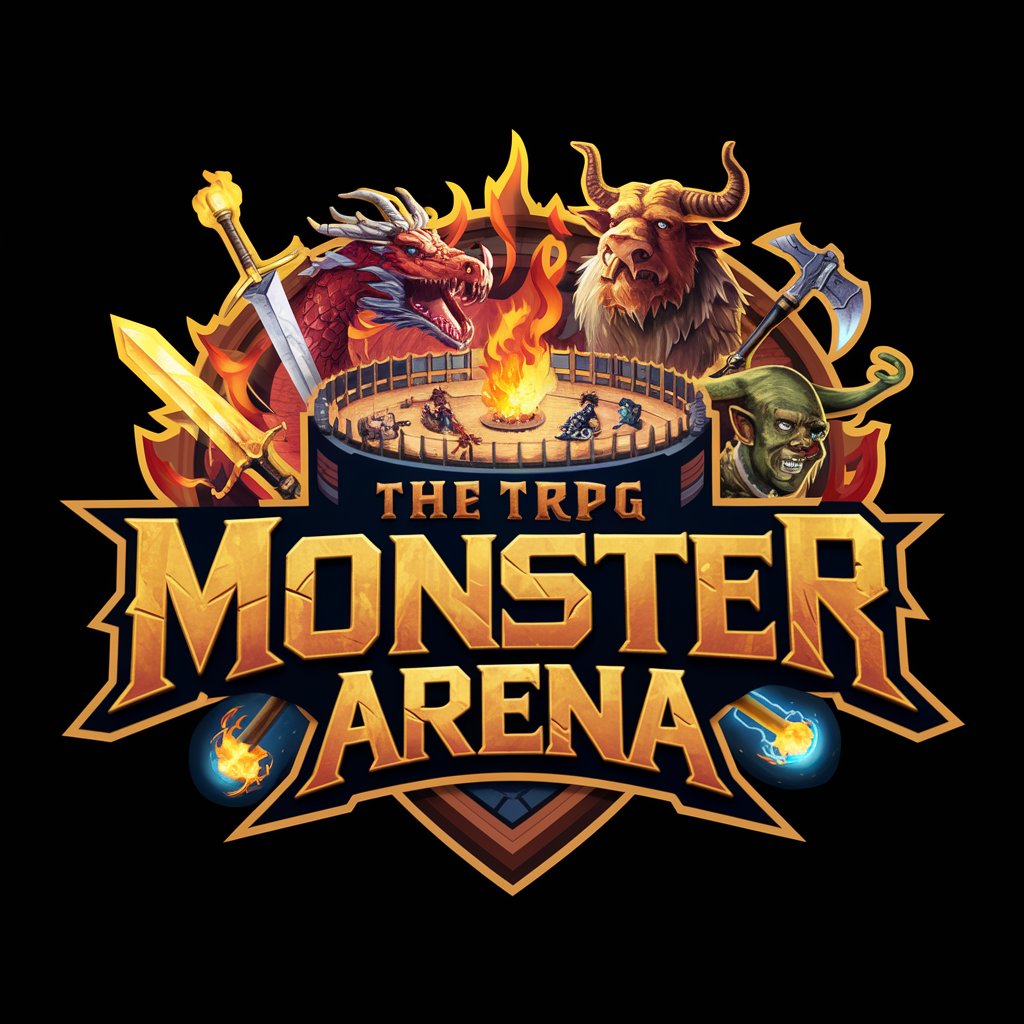Sales Intelligence - Sales Insight Discovery

Welcome to Sales Intelligence. Let's drive your success.
Empowering Sales with AI Insights
Analyze the current market trends for enterprise sales...
Develop a strategic account plan focused on...
Identify key operational issues and business initiatives...
Evaluate competitive intelligence to understand...
Get Embed Code
Introduction to Sales Intelligence
Sales Intelligence refers to technologies, applications, and practices for the collection, integration, analysis, and presentation of information to help salespeople identify, understand, and engage their customers more effectively. The core purpose of Sales Intelligence is to equip sales professionals with comprehensive and actionable insights regarding their prospects, customer behaviors, market trends, and competitive landscape. For example, a sales rep could use Sales Intelligence to gather data on a prospect's recent business activities, social media sentiments, and news mentions, thereby tailoring their pitch to address the prospect's current challenges and interests. Powered by ChatGPT-4o。

Main Functions of Sales Intelligence
Lead Generation and Qualification
Example
Using predictive analytics to identify high-potential leads based on historical data and behavior patterns.
Scenario
A software company utilizes Sales Intelligence to sift through vast datasets to pinpoint businesses that have recently expanded their IT infrastructure, indicating a potential need for the company's products.
Competitive Analysis
Example
Monitoring competitors’ product launches, pricing strategies, and market positioning.
Scenario
A beverage manufacturer employs Sales Intelligence tools to track competitors' social media and PR releases, enabling them to adjust their marketing strategies in real-time to maintain competitive advantage.
Customer Insights
Example
Aggregating and analyzing customer data to identify buying patterns, preferences, and potential upsell opportunities.
Scenario
An e-commerce platform leverages Sales Intelligence to analyze customers' purchase histories and browsing behaviors, creating personalized product recommendations that enhance the likelihood of repeat purchases.
Sales Performance Analytics
Example
Evaluating sales activities, pipeline health, and individual sales performance metrics.
Scenario
A pharmaceutical company uses Sales Intelligence to assess the effectiveness of different sales territories and reps, optimizing resource allocation for underperforming areas.
Ideal Users of Sales Intelligence Services
Sales Professionals
Sales reps and account managers who directly engage with prospects and clients will find Sales Intelligence invaluable for personalizing their interactions, prioritizing leads, and ultimately closing more deals efficiently.
Sales Leaders and Managers
Leaders and managers responsible for strategic decision-making, resource allocation, and sales team performance benefit from the comprehensive overview and deep insights provided by Sales Intelligence, enabling data-driven management.
Marketing Teams
Marketing professionals can utilize Sales Intelligence to better align their campaigns with sales efforts, understand market needs, and generate quality leads that are more likely to convert, thus fostering a cohesive sales and marketing strategy.
Business Analysts and Strategists
Analysts and strategists leverage Sales Intelligence for market analysis, competitive intelligence, and identifying industry trends to inform broader business strategies and operational adjustments.

How to Utilize Sales Intelligence Effectively
1
Begin your journey at yeschat.ai for a hassle-free trial, requiring no login or ChatGPT Plus subscription.
2
Identify your sales goals and target audience to tailor the sales intelligence tool's capabilities to your specific needs.
3
Integrate your existing customer data platforms with the sales intelligence tool to enrich and analyze your customer data.
4
Leverage predictive analytics to forecast sales trends and customer behavior, allowing for more strategic sales planning.
5
Regularly review insights and recommendations provided by the sales intelligence tool to refine your sales strategies and operations.
Try other advanced and practical GPTs
יהווה
Divine wisdom at your fingertips.

The TRPG Monster Arena
AI-powered fantasy arena combat

Laravel build assistant
Empowering Laravel development with AI.

Global Rankings
Empower Your Web Presence with AI

Heterochromia Visionary
Captivating Visions of Heterochromia, Powered by AI

Indonesian Stock (IDX) Latest info
Real-time IDX Market Insights

The Inner Self
Navigating Life with AI Wisdom

New Teacher
Empowering Teachers with AI Insights

Delfosport
Laugh as you learn with AI-powered sports wit.

Portal
Bringing Stories to Life with AI

ワイン紹介ナビ
Discover Wines with AI

Señor Software Engineer
Elevate Your Code with AI-Powered Reviews

Frequently Asked Questions About Sales Intelligence
What is Sales Intelligence?
Sales Intelligence refers to the technologies, applications, and practices for the collection, integration, analysis, and presentation of information to help salespeople find, monitor, and understand data that provides insights into prospects’ and existing clients’ daily business.
How does Sales Intelligence improve sales performance?
It enhances sales performance by providing sales teams with detailed insights into potential and current customers' buying behaviors, preferences, and pain points, allowing for highly personalized sales approaches.
Can Sales Intelligence predict customer behavior?
Yes, through the use of predictive analytics, sales intelligence tools can forecast future buying behaviors and trends based on historical data, helping sales teams to anticipate customers' needs.
Is Sales Intelligence suitable for small businesses?
Absolutely, small businesses can leverage sales intelligence to level the playing field against larger competitors by gaining deeper insights into the market and enhancing customer relationships.
How does Sales Intelligence integrate with CRM?
Sales Intelligence can seamlessly integrate with CRM systems to enrich customer profiles with external data, provide updated information on leads, and offer actionable insights directly within the CRM interface.
